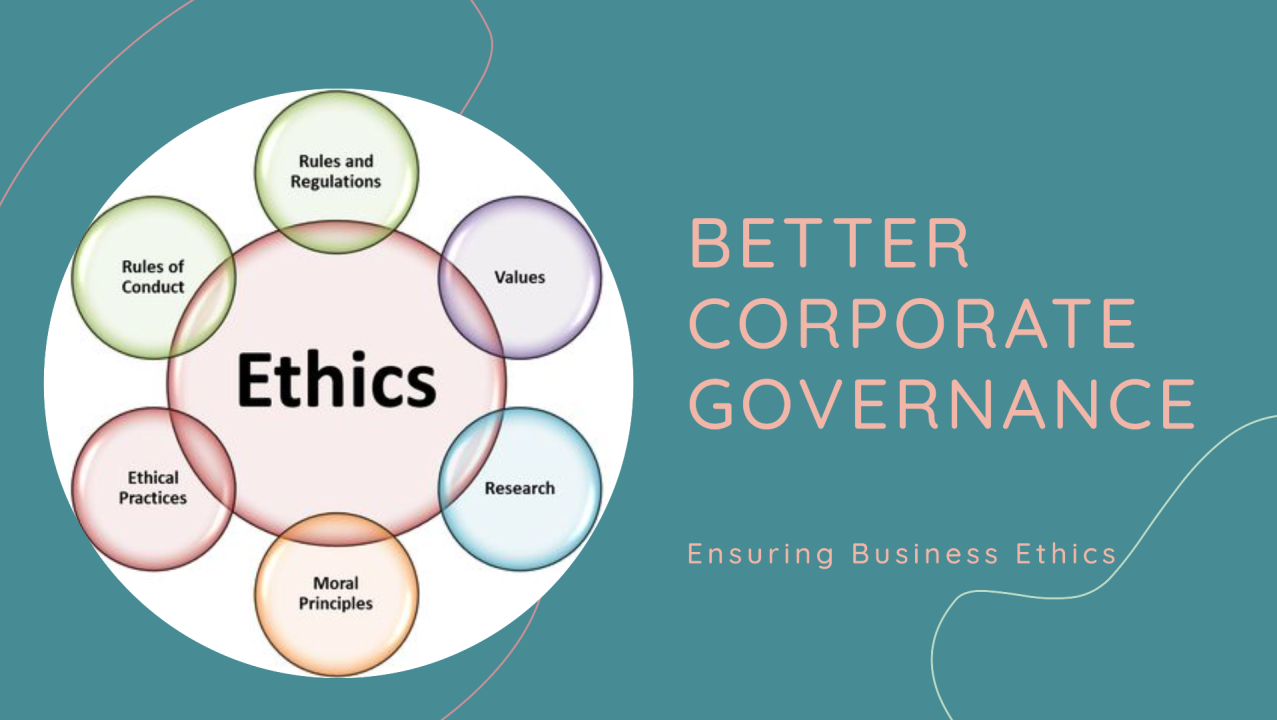
Ethics in Governance
Ethical Framework:
The standards set in politics profoundly influence those in other aspects of governance. High standards of ethical conduct were an integral part of the freedom struggle. Unfortunately, ethical capital started getting eroded after the transfer of power. Widespread view that much more needs to be done to cleanse our political system. Criminalization of politics -`participation of criminals in the electoral process' - is the soft underbelly of our political system. The opportunity to influence crime investigations and to convert the policemen from being potential adversaries to allies is the irresistible magnet drawing criminals to politics. The elected position and the substantial protection that it can give, helps him either to further and expand his activities or to evolve into an entity with higher political ambitions. As for political parties, such individuals bring into the electoral process, their ability to secure votes through use of money and muscle power. Large, illegal and illegitimate expenditure in elections is another root cause of corruption. Despite all the laws in the functioning of a democracy, it has a measure of self-correction.Significant efforts have been made over the last two decades to bring about meaningful electoral reforms.
Recent Improvements:-
- Improvement in Accuracy of Electoral Rolls:
-
- Printed electoral rolls/CDs have been made available for sale.
- Computerisation of entire electoral rolls of over 620 million voters has been initiated.
- The provision of photo-identity cards
-
- Disclosure of Antecedents of Candidates:
- The Supreme Court has directed that a candidate should declare any conviction by a court or whether a criminal case is pending against him;
- Disqualification of Persons Convicted of Criminal offence:
- Enforcement of the Code of Conduct:
-
- Code of Conduct for elections binding in all respects, issuing directions regarding timings of campaigns, prohibition of festoons/cutouts, insistence on daily expenditure statements, appointment of a large number of observers, ordering of re-poll in specific polling booths and other such steps.
-
- Free and fearless polling:
-
- Policing arrangements have been improved
- Electronic voting machines have been introduced throughout the country (in the parliamentary elections of 2004).
-
- Reduction in size of Council of Ministers:
-
- The Constitution (Ninety-first Amendment) Act, 2003 restricts the size of the Council of Ministers to 15% of the strength
-
Coalition and Ethics:
The ethics of coalition government is, however, seriously strained when the coalition partners change partnerships mid-stream and new coalitions. The Constitution should be amended to ensure that a common programme is framed before the elections or implicitly while forming the government. If there is realignment midstream with one or more parties outside the coalition, the coalition has to seek a fresh mandate from the electorate.
Code of Ethics for Ministers
The ARC prescribes for a Code of Ethics for ministers that, the Code of Conduct is a starting point for ensuring good conduct by Ministers, but must be supplemented by Code of Conduct. Code of Ethics and a Code of Conduct for Ministers should include the following. Ministers must;
- Uphold the principle of collective responsibility;
- A duty to Parliament to account, and be held to account, for the policies, decisions and actions
- Uphold the highest ethical standards;
- Ensure that no conflict arises, or appears to arise, between their public duties and their private interests;
- Not use government resources for party or political purposes;
- Uphold the political impartiality of the Civil Service
- Comply with the requirements which the two Houses of Parliament lay down from time to time;
- Ensure that public moneys are used with utmost economy and care;
- Function in such a manner as to serve as instruments of good governance
- Act objectively, impartially, honestly, equitably, diligently and in a fair and just manner.
Ethics of Members of Houses:
ARC Recommends:
- An Office of `Ethics Commissioner' may be constituted by each House of Parliament.
- All State legislatures may adopt a Code of Ethics and a Code of Conduct for their Members.
- Ethics Committees may be constituted with well-defined procedures for sanctions in case of transgressions, to ensure the ethical conduct of legislators.
- Registers of Members' Interests' may be maintained with the declaration of interests
- Annual Reports providing details including transgressions may be placed on the Table of the respective Houses.